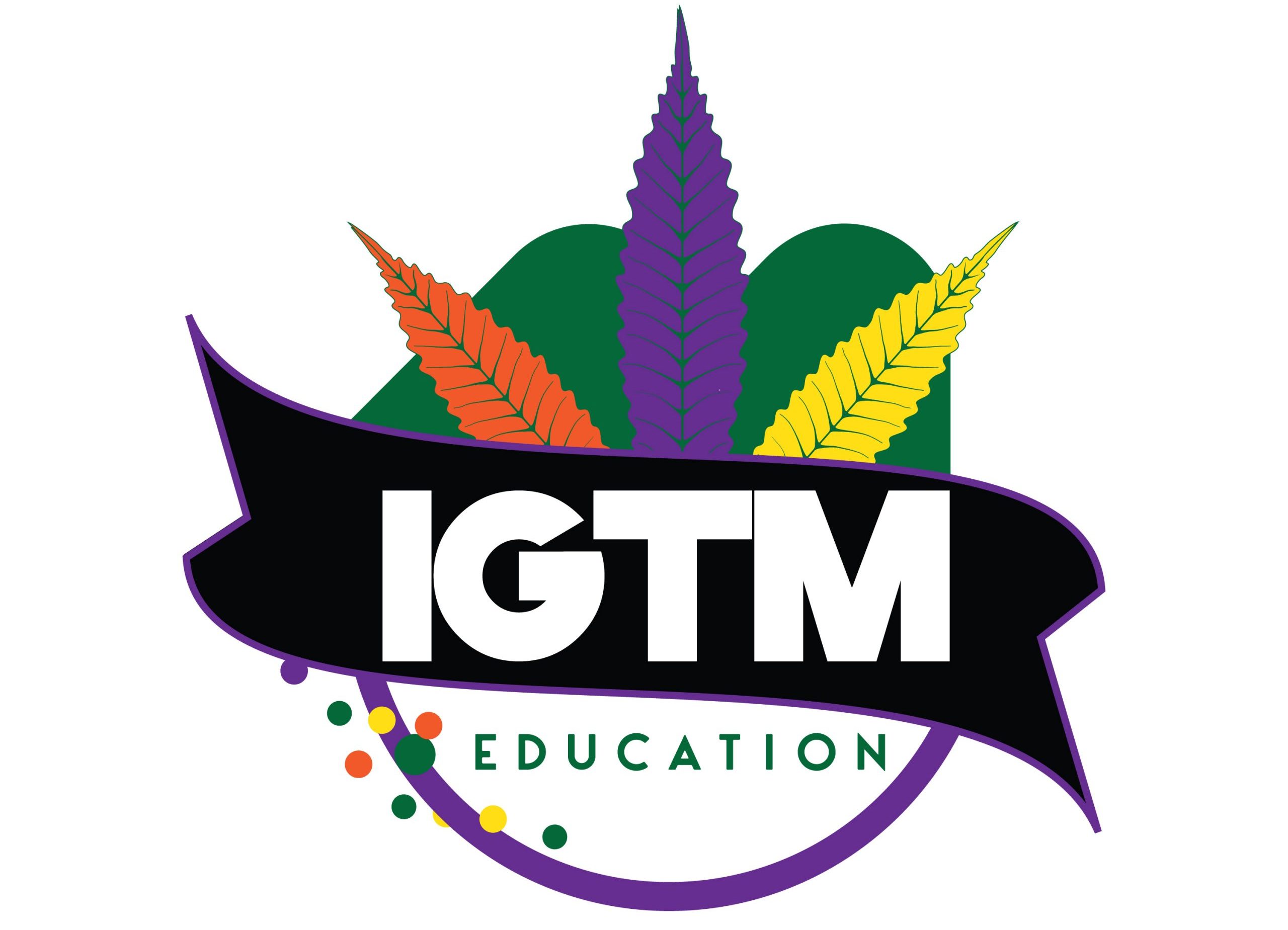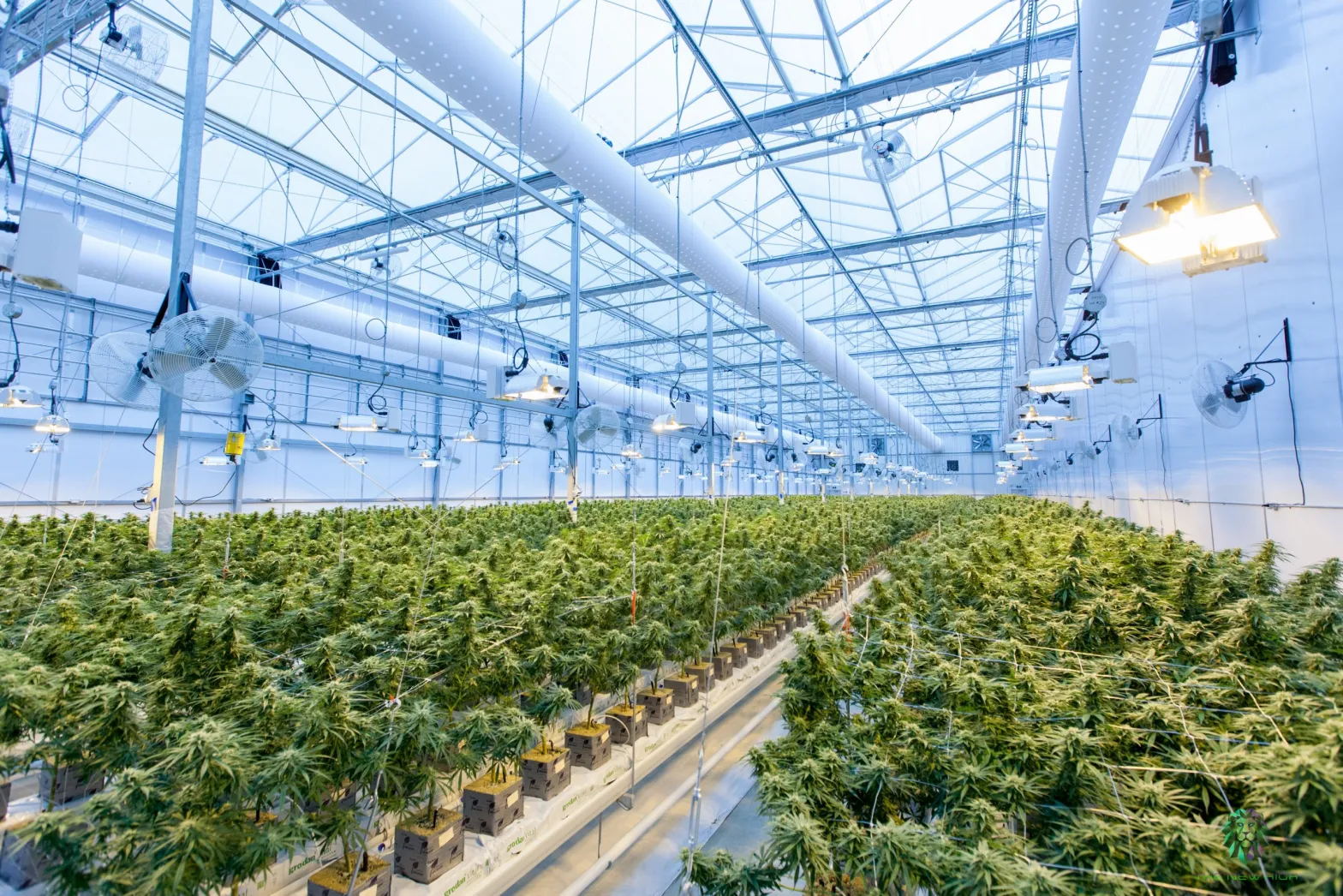
Less than a week after Illinois regulators awarded 48 new craft grow licenses, licensees are barred from continuing operations as the result of a temporary restraining order imposed by a Winnebago County judge for one week after twelve craft growers alleged the process was rigged against them.
Twelve craft grow applicants led by applicant Sustainable Innovations filed suit last week in the 17th Judicial Circuit, based in Rockford, Ill., protesting that the application process was invalid due to Illinois’ lack of consistent rule enforcement to help social equity applicants. In addition, the applicants argue that an extra set of points awarded to veteran-led teams created an unconstitutional special class. All 48 license winners this round were veteran-led, and were all social equity applicants.
[Read the complaint – Read the judge’s order]
License recipients were ordered by Judge Lisa Fabiano to halt plans for operations, including site pre-approvals, construction plans, labeling and packaging. A hearing on a permanent injunction is set for June 15.
The plaintiffs include Sustainable Innovations, Prairie Fire Craft, Nexem Social Equity Partners, Kadeo, This Two, Lush Life Organics, Green Street Buds, The Refinery Illinois Craft, Fresh Herb Craft Grow, Always Growing Industries, 4Buds, and Americanna Genetix.
John Murray, founder and CEO of Sustainable Innovations, the lead plaintiff in the suit, stresses that his concerns do not lie with the applicants themselves, but thinks that the Illinois Department of Agriculture (IDOA), the regulator for craft grow, is failing to help social equity applicants adequately.
“Illinois didn’t follow their own rules. We’re hoping for the state to have a fair application process.” Murray says. “It’s my personal belief that it will improve the industry moving forward.”
Qualified social equity applicants are defined as Illinois residents who have been living in areas disproportionately affected by the War on Drugs as well as those arrested for or convicted of cannabis-related offenses. 42% of the new licenses are majority Black-owned, 36% are majority White-owned, 8% (4) are majority Hispanic-owned, and 8% are owned by a partnership group.
The lawsuit alleges that IDOA altered the scoring process for craft grow applicants by allowing them to hold licenses without building their facilities and retaining their employees that would give them social equity status. The suit claims that these actions harm the integrity of the program overall, stating that 19 licensees have no operational facility 10 months after receiving a license despite being required to surrender the license if no facility is operational within 6 months.
As of today the state has issued 88 craft grow licenses, 54 infuser licenses, and 189 transporter licenses. The craft grow licenses are each limited to 5,000 square feet of canopy for adult use cannabis cultivation.
“The reputation of the State of Illinois would be irreparably harmed and the State’s commitment to social equity would be shown to be a complete sham if the IDOA were permitted to grant social equity status to entities that failed to meet the definition of a Social Equity Applicant,” the suit alleges.
Furthermore, Murray and his attorney Erik Carlson claim that veterans inadvertently became a favored class that was given an unfair advantage in the application process, scoring more points in their applications than those without a veteran on staff.
“They created a broken system where people can’t get up and running and we think it’s awful for the cannabis industry in Illinois,” Carlson says. “We’re upset about things during the process where we feel the department didn’t follow their own rules. We do not believe this was intentional, but there are some wrongs that need to be fixed.”
“The Department is hopeful that it will be able to continue to move forward with allowing craft growers to become operational in a timely manner,” IDOA spokeswoman Krista Lisser told Grown In. “The Department sent Score Information notices to the primary and secondary contacts of all applications submitted in 2020. These notices are informational only and do not alter any final administrative decision of the Department.”

